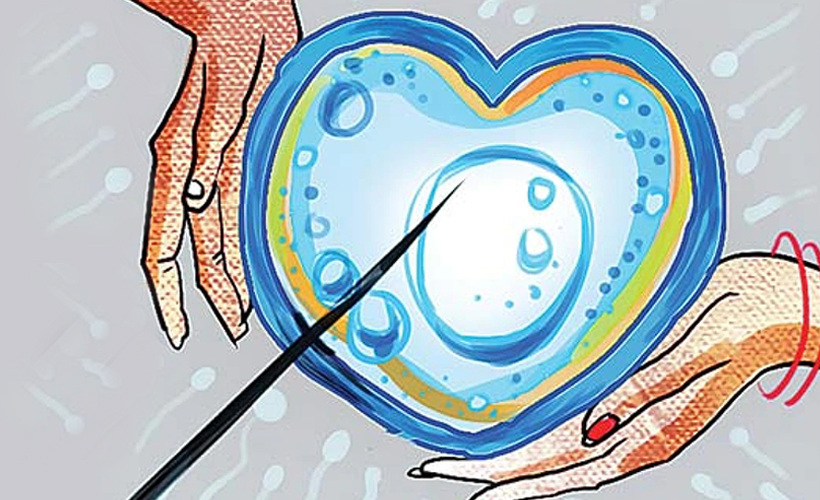IVF
In vitro fertilization (IVF) is a sophisticated set of treatments used to aid in the creation of a child or to help with fertility or to prevent genetic abnormalities.

In IVF, mature eggs are extracted (retrieved) from the ovaries and fertilized in a laboratory with sperm. The fertilized eggs are then transported to a uterus for further development. IVF takes roughly three weeks to complete. When these processes are broken down into smaller chunks, the procedure can take longer.
The most effective form of assisted reproductive technology is in vitro fertilization (IVF). A couple's own eggs and sperm can be used in the operation. Eggs, sperm, or embryos from a known or anonymous donor may be used in IVF. A gestational carrier, or someone who has an embryo implanted in their uterus, may be employed in some instances.
In vitro fertilization (IVF) is a method of treating infertility and genetic disorders. If IVF is used to treat infertility, you and your spouse may be able to try less intrusive treatment options first, such as fertility medicines to boost egg production or intrauterine insemination, which involves placing sperm directly in the uterus near the time of ovulation.
Infertility in women over the age of 40 is sometimes treated using IVF as a main treatment. If you have specific medical issues, IVF may be a good option for you if your partner has health issues such as:
- Fallopian tube damage or blockage
- Ovulation disorders
- Endometriosis
- Uterine fibroids
- Previous tubal sterilization or removal
- Impaired sperm production or function
- Unexplained infertility
- A genetic disorder
- Fertility preservation for cancer or other health conditions
